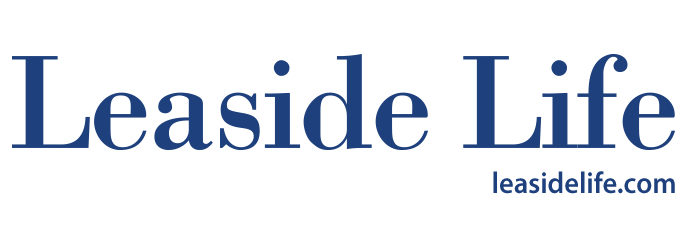After years of hard work fighting to protect our local neighbourhoods and abolish the Ontario Municipal Board (OMB), I’m extremely disheartened to be writing with an update on the province’s Bill 108: More Homes, More Choice Act, tabled in the legislature at the beginning of May.
Bill 108 includes major amendments to the planning processes used to review development applications in the City of Toronto. These changes are incredibly discouraging and, if passed, will have a significant impact on the future of our neighbourhoods. Over the past eight years, I’ve moved countless motions to make our local planning processes more accessible and transparent for residents. As you know, I’ve been a vocal opponent of the OMB, a quasi-judicial provincial body that makes the final decision on development applications appealed in Toronto. From the townhouses on Bayview to the high-rises along Eglinton, most of the development applications in Ward 15 have been appealed to and approved by this unelected, unaccountable body.
In spring 2017, after significant advocacy from residents across Toronto – including many groups in Ward 15 – the province announced sweeping changes to the development appeal process through Bill 139. This legislation replaced the OMB with the Local Planning Appeal Tribunal (LPAT), a true appeal body with limited power to overrule municipal decisions, and enacted new policies to give communities a stronger voice in the planning process.
If passed, the new provincial legislation, Bill 108, will walk back many of the neighbourhood-planning based reforms we fought for as a community. Significantly, this includes a return to the former OMB rules and procedures. Instead of reviewing appeals based on the existing, rigorously researched municipal and provincial planning policies, the revised LPAT would be able to issue a decision on a development independent of the municipalities and neighbourhoods affected.
Bill 108 proposes to reinstitute “de novo” hearings, or hearings started anew without reference to the City’s decision on an application. This change will limit the City’s ability to deny development applications and instead will expand the authority of the province to make decisions that impact our local neighbourhoods, without any consultation. The proposed legislation is essentially a reversion to the format of the former OMB hearings under the new LPAT name.
The proposed planning decision timelines would reduce consideration of Zoning Bylaw Amendment (ZBA) applications from 150 to 90 days and Official Plan Amendment (OPA) applications from 210 to 120 days. Reducing the time planners have to review applications and report to City Council will ultimately allow applicants the ability to appeal to the more developer-friendly LPAT system much earlier in the process, thereby circumventing the City’s rigorous development review process.
In addition, Bill 108 proposes significant changes to the development charges process. Under the current Sections 37 and 42 of the Planning Act, developers are required to contribute to neighbourhoods affected by new developments through financial provisions for community benefits such as park and streetscape improvements. Bill 108 proposes a cap on all community-related development charges, effectively removing the City’s bargaining power.
Unfortunately, the province provided an extremely limited timeframe for public comments on Bill 108. The City has had less than a month to understand the implications of this bill and provide feedback.
I would encourage you to review Bill 108 and share your concerns with the Minister of Municipal Affairs and Housing at .


